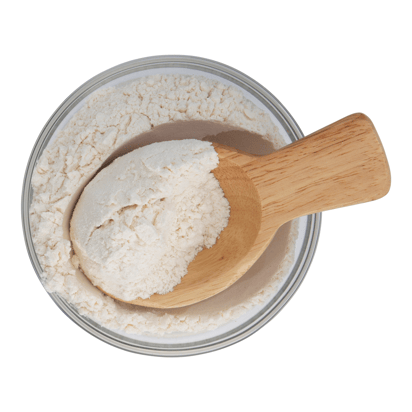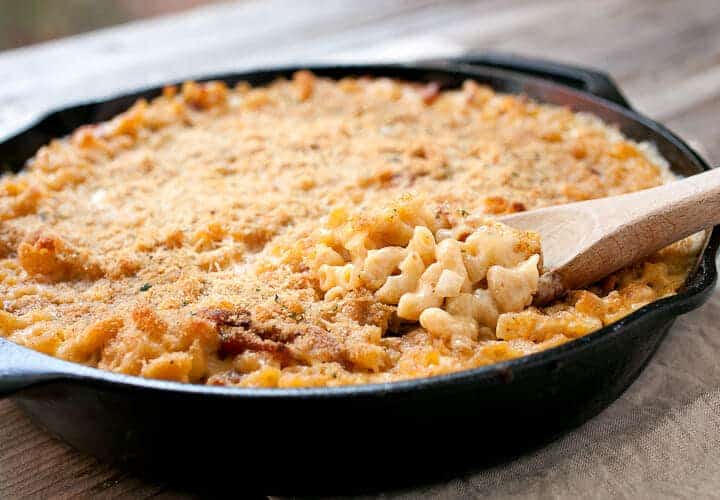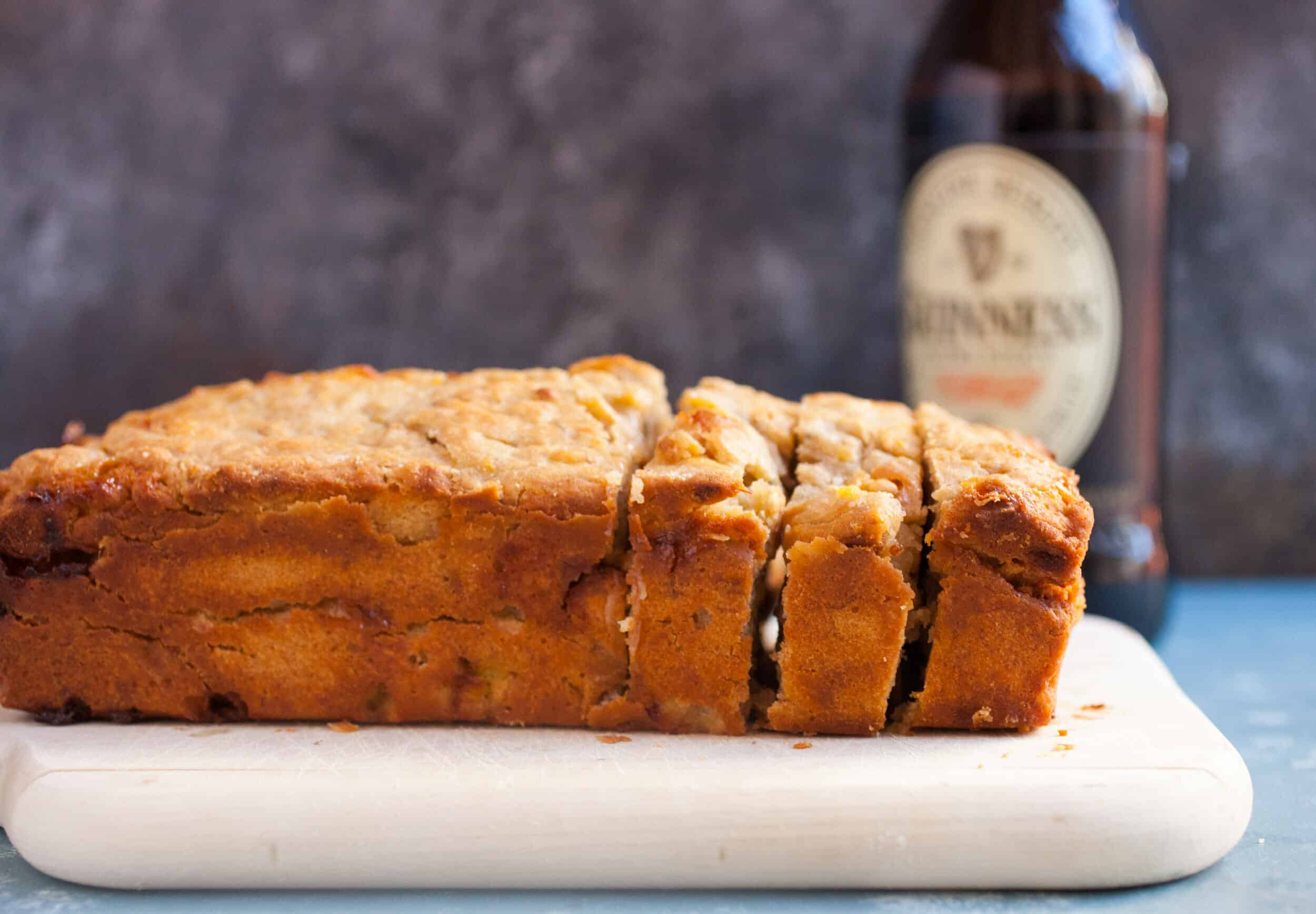All Purpose Flour: Important Facts, Health Benefits, and Recipes
Explore the secrets and benefits of all-purpose flour, its nutritional profile, health benefits, and versatile uses in various cuisines with our ultimate guide.

Nutritional Facts
1 cup
Amount per serving
Calories
455
Carbohydrates
95.4 g
Fat
1.2 g
Protein
12.9 g
Saturated Fat
0.2 g
Sodium
2.5 mg
Fiber
3.4 g
Sugar
0.3 g
Best All Purpose Flour Recipes
-

-

-

-

-

-

-

-

-
![Smoked Salmon Quiche Image]()
-
![Chicken and Waffles Image]()
-
![Savory Dutch Baby Image]()
-
![Lemon Buttermilk Pie Image]()
-
![30 Minute Salmon Chowder Image]()
-
![Ultimate Broccoli Cheddar Casserole Image]()
-
![Chocolate Chip Monkey Bread Image]()
-
![Mashed Potato Gnocchi Image]()
-
![Oatmeal & Blueberry Muffins for Babies Image]()
-
![Loaded Mediterranean Flatbreads Image]()
-
![Campfire Cinnamon Rolls Image]()
-
![Triple Chocolate Guinness Brownies Image]()
-
![Homemade Mushroom Burgers Image]()
-
![Fresh Peach Dutch Baby Image]()
-
![Bite-Sized Blooming Onions Image]()
-
![Chili Chocolate Chip Cookies Image]()
-
![Churro Pancakes Image]()
-
![Caramel Churro Cupcakes Image]()
-
![Homemade Salisbury Steak Image]()
-
![PBR Waffles Image]()
-
![Homemade Tater Tots Image]()
-
![Caramelized Onion Quiche Image]()
-
![Cherry Chocolate Pancakes Image]()
-
![Cast Iron Mac and Cheese Image]()
-
![Crispy Oatmeal Cookies Image]()
-
![Fried Green Beans Image]()
-
![Corn Souffle Image]()
-
![Macheesmo Mud Image]()
-
![Jalapeno Hush Puppies Image]()
-
![Confetti Pudding Cake Image]()
-
![Real Boneless Chicken Wings Image]()
-
![Nashville Hot Chicken Strips Image]()
-
![Sausage and Egg Biscuit Sandwich Image]()
-
![Baked Fried Chicken Image]()
-
![Better Than Sex Cake Image]()
-
![30 Minute Donut Holes Image]()
-
![Baked Chicken Nuggets Image]()
-
![Guinness Banana Bread Image]()
-
![Pepper Chicken Enchiladas Image]()
-
![Spinach Rolled Omelet Image]()









































